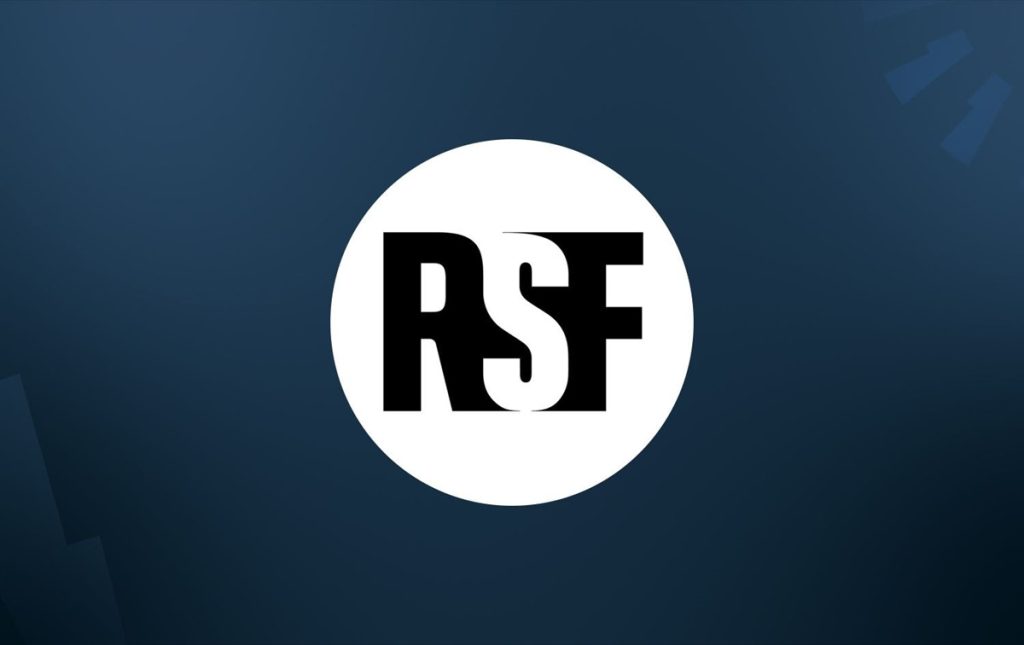RSF, a global media rights watchdog, along with over 500 local radio stations, raised concerns on Tuesday about the safety of journalists operating in the volatile Sahel region of Africa, stating that they are facing killings, kidnappings, and censorship.
Reporters Without Borders emphasised the vital role played by community radio stations in combating misinformation in an area where Islamist groups, rebel factions, and armed gangs hold significant influence.
“It is important that the Sahel does not become a black hole for information”, Sadibou Marong, RSF’s sub-Saharan Africa director, told journalists in the Malian capital Bamako.
According to RSF, community radio stations are essential for keeping remote communities informed, especially by delivering information in local languages.

However, they are compelled to function in an increasingly dangerous security environment due to the escalation of violence by terrorists and other armed groups in Burkina Faso, Mali, Niger, and Chad.
Reporters have reported that armed groups have coerced them to alter program content or have shut down their broadcasts.
“In Chad, community radio journalists are… killed simply because they have covered dormant conflicts between farmers and herders”, Marong said.
“Local media outlets and their journalists are paying a heavy price as the region is gripped by instability,” RSF’s editorial director Anne Bocande said.
Two journalists working for community radio stations have been murdered in Mali and Chad since November 2023, according to RSF. Additionally, at least two other journalists have been abducted. RSF has gathered signatures from 547 community radio stations in Sahelian and West African countries for its plea to safeguard journalists in the region.
The organisation is urging political authorities to consistently launch investigations into the killings of journalists and take measures to secure the release of abducted reporters. RSF also requests assistance to reconstruct radio stations that have been attacked, provide security training for local radio teams, and acknowledge their vital role in disseminating information.
In April of last year, RSF cautioned that the Sahel region was turning into a “no-news zone” as journalists found themselves caught between the violence of armed groups and government repression.


